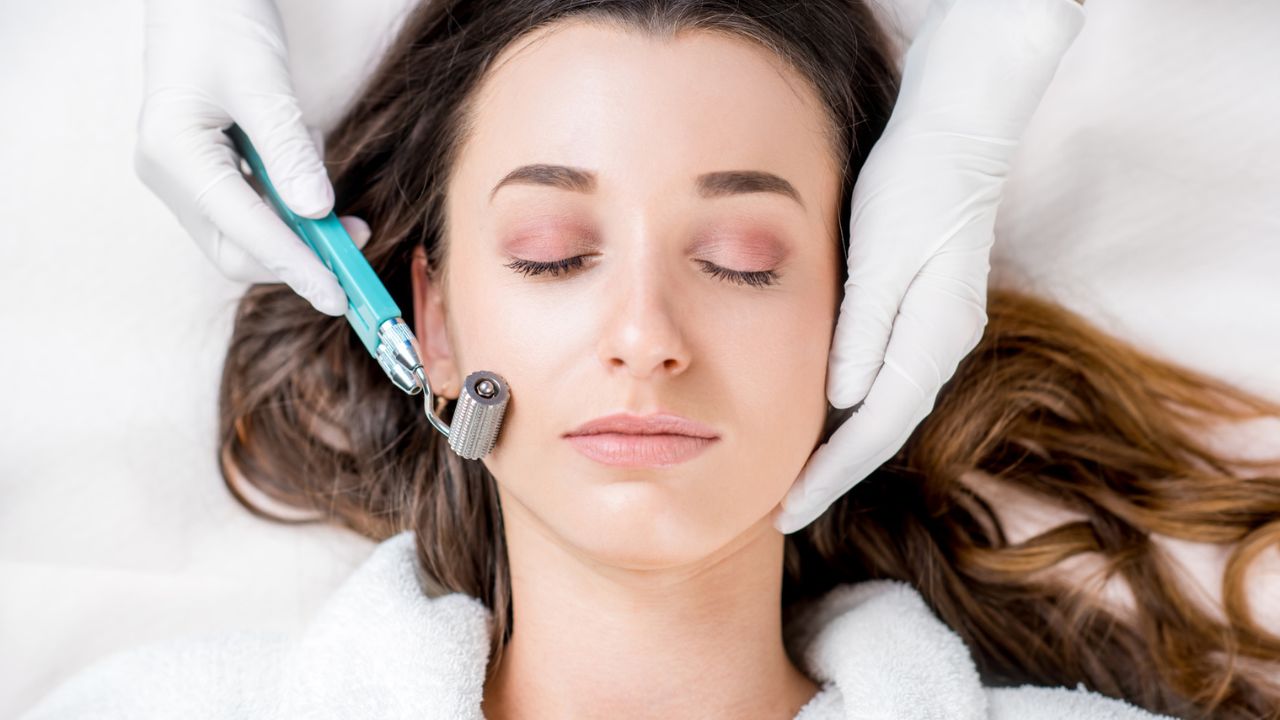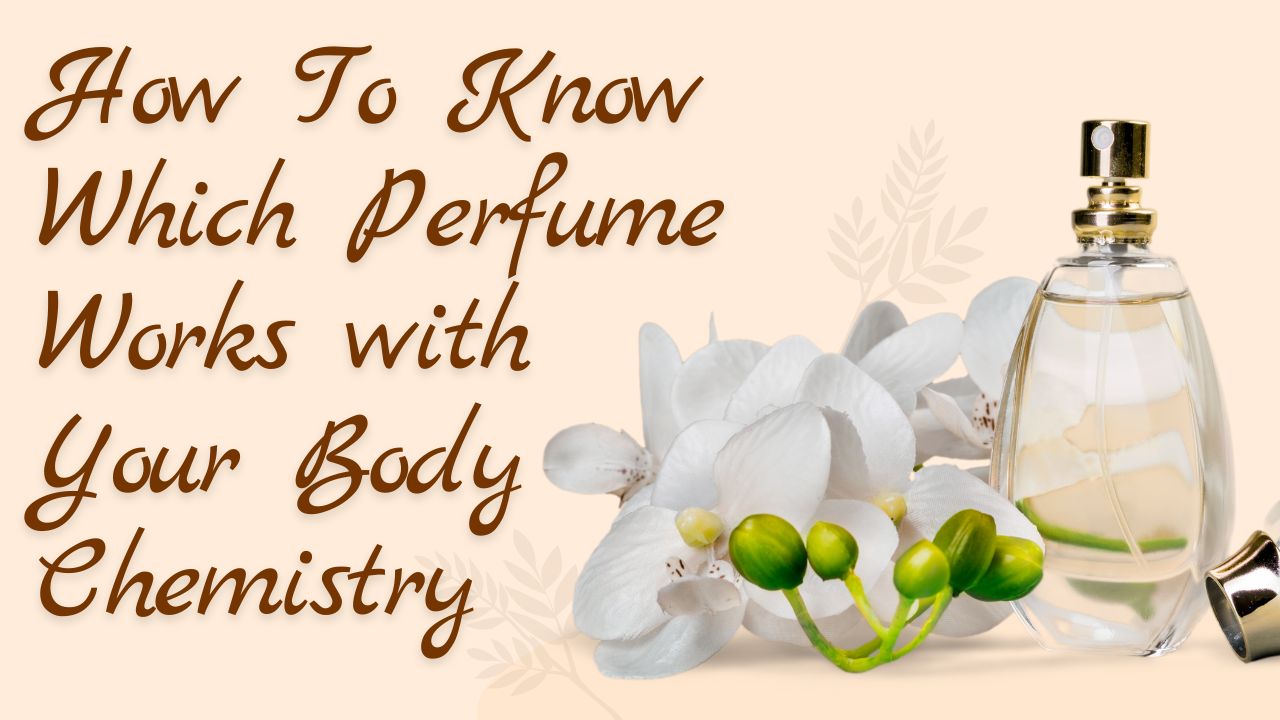Does the skin tone affect skincare?
Our skin serves various functions. It is essential to our sense of touch, aids in controlling body temperature, and keeps out bacteria and other pests. Skin joins us all in these shared activities, but it also differs from person to person in ways that are visible on the surface.
Your skin tone may have an impact on how quickly you age and get sunspots. Additionally, it may affect whether you are more prone to hyperpigmentation, or darkened skin spots. Due to the fact that persons from the same background can have wildly different skin tones, skin tone is not just an issue of race.

According to Anna Chien, MD, an associate professor of dermatology at the Johns Hopkins University School of Medicine, race and ethnicity typically don’t accurately reflect skin tone. Doctors use the terms “skin kinds” 1 through 6. The palest skin type, 1, always burns and never tans. Type 4 is a mid-tone that is light brown, tans easily, and rarely burns.
Skin type 6 is the darkest and has the deepest pigmentation; it never burns. In honour of the physician who created it, this spectrum of skin types is also known as “Fitzpatrick skin typing.” The amount of pigment in a person’s skin and how their skin responds to sun exposure determine this.
Sun fading
Sun damage, which includes wrinkles and sunspots that can result from exposure to the sun, is referred to by doctors as “photoaging.” Lighter skin types typically experience this “a little more quickly,” according to Chien. And they are more likely to develop skin cancer.
Darker skin tones, on the other hand, “frequently do experience delay in the indications of photoaging.” Additionally, they have a lower risk of developing skin cancer, according to Julia Mhlaba, MD, an assistant dermatology professor at Northwestern University Feinberg School of Medicine. “That pigment really protects against solar damage.”
However, it’s crucial to remember that a lower risk of skin cancer does not equate to a risk that is nil. Skin cancer can occur on any part of the body, according to dermatologist Shani Francis, MD, of the Los Angeles region. It is risky to believe that persons with darker skin don’t get skin cancer because doing so could result in a delayed or incorrect diagnosis.
Darker-skinned people can absolutely have skin cancer, according to Chien. And regrettably, because this isn’t commonly discussed, skin cancer may not be discovered until it’s far further advanced. Cancers can also develop in persons with darker skin “where patients generally don’t get exposed to sun, such the bottoms of the hands and the feet,” according to Mhlaba.
Everybody needs sunscreen
Every day, rain or shine, all skin tones must wear sunscreen with an SPF of at least 30 to help prevent skin cancer and delay photoaging. We constantly advise using sun protection because even people with darker skin tones and those who claim they never get sunburned still have skin damage, according to Chien.
Apply at least an SPF of 60 if you plan to spend a lot of time outside, advises Chien. Regularly reapply, especially if you’re active, perspiring, swimming, or about to be in the water. Experts agree that physical blocker sunscreens with zinc oxide or titanium dioxide provide the best protection. These cosmetics aren’t always aesthetically pleasing on darker skin, though.
For people with darker skin tones, it can result in a white film on the skin, according to Chien. She suggests tinted sunscreens in case they would better suit their skin tone. Sunscreen with a tint may have further advantages.
Longer wavelengths outside of UV rays can cause more harm to those with darker skin than to those with lighter skin, according to Chien. According to her, the hue can actually shield people from some of the longer wavelengths that their skin might be more sensitive to.
Including sunscreen
Don’t rely solely on sunscreen. Sunscreens aren’t ideal, as I regularly remind my patients, adds Chien. We must reapply and incorporate it with additional precautions. This entails putting on long sleeves and sunglasses, avoiding the hottest parts of the day, seeking out cover, and donning wide-brimmed hats. A “multi-modal approach to sun protection,” as she puts it.
Additionally, Chien cautions against relying solely on SPF in makeup to provide adequate protection. “The SPF they achieve in a lab context – typically they’re using a really thick layer of that makeup, so it doesn’t really resemble day-to-day use,” said the researcher.
Understanding Retinol and Retinoids
Regular application of moisturiser and sunscreen can delay the ageing process. As well as using retinol or a retinoid on your skin.
These vitamin A compounds can be obtained over the counter or can be recommended by a dermatologist in stronger doses, according to Mhlaba. “They are used to treat acne, among other things. Pigmentation may be helped by them. However, they can also aid in reducing the appearance of fine lines and wrinkles.
Darker skin types can use stronger retinoids, but they must start out slowly to prevent skin irritation, according to Mhlaba. She continues, “If they do experience discomfort, it can more readily result in hyperpigmentation than in patients with lighter skin types.”
She advised beginning with a modest amount and applying it to your face every few days while taking retinol or retinoid. Use a moisturiser after to lessen any skin irritability.
Hyperpigmentation
According to Mhlaba, applying sunscreen to the face can help prevent the worsening of hyperpigmentation in addition to slowing photoaging. All skin types are susceptible to hyperpigmentation, but Mhlaba claims that individuals of colour are more likely to have it.
According to her, additional disorders like melasma can cause hyperpigmentation. “It can come from acne scars, eczema, or at sites of trauma,” she adds. Melasma manifests as darker pigmentation areas, often on the face.
Another reason sunscreen is essential is that exposure to the sun can aggravate hyperpigmentation. According to Mhlaba, products that can treat hyperpigmentation include vitamin C serum or products that contain vitamin C, glycolic acid, azelaic acid, and niacinamide. Dermatologists may also recommend hydroquinone-based substances or oral medicines for melasma.
Dryness
All skin tones are susceptible to dry skin. “However, dry skin is bright white, and there is more contrast if your skin is darker. It’s a lot more obvious,” Francis claims. The skin’s shedding scales are what give off that dry appearance.
According to Chien, “a really good, thick moisturiser, anything that may help to repair the [skin] barrier” may be beneficial for darker skin that becomes dry. Don’t assess a product’s thickness based on how it appears in the container.
According to Francis, the thickness of it your skin is more important. She advises searching for ceramides, glycerin, castor oil, petroleum jelly, and hempseed oil, among other substances. After taking a shower or bath, moisturiser should be applied to damp skin. It will maintain the skin’s moisture, she claims.
Sensitivity
Sensitivity issues can affect people of various skin tones. Stick to incredibly bland items advises Chien. Select unscented products, and avoid those with antibacterial labels. Keep your skincare routine basic, she advises: use a mild face wash, a plain moisturiser during the day, anything with an SPF built in during the evening, and just a normal moisturiser during the day.
According to Chien, people with sensitive skin can spot-test a product on the inside of their upper arm or behind their ear to make sure they don’t react to it. She advises “not incorporating many serums or anti-ageing treatments. Many of those could irritate you.
It’s “a little more patient-specific in terms of what their skin will tolerate” if those with sensitive skin want to exfoliate, according to Mhlaba. Exfoliants made physically can be too abrasive. But if you’re referring to a chemical exfoliator, I would unquestionably advise starting out cautiously and working your way up to using it every day, if necessary.
Depending on the product, occasionally even just once a week might be sufficient. Look for items that contain salicylic acid and glycolic acid, she advises. Many topical creams contain that. That is a useful method of exfoliation.
- Your Ultimate Guide to Travel Insurance for Adventure Sports
- A Guide to Renters Insurance for Pet Owners: Pet-Proof Your Policy
- Safeguard Your Future: Understanding Identity Theft Insurance
- Safeguard Your Event: Understanding Event Cancellation Insurance
- Everything You Need to Know About Critical Illness Insurance Riders
- Home Equity Loans vs. HELOCs: Which is Right for You?












